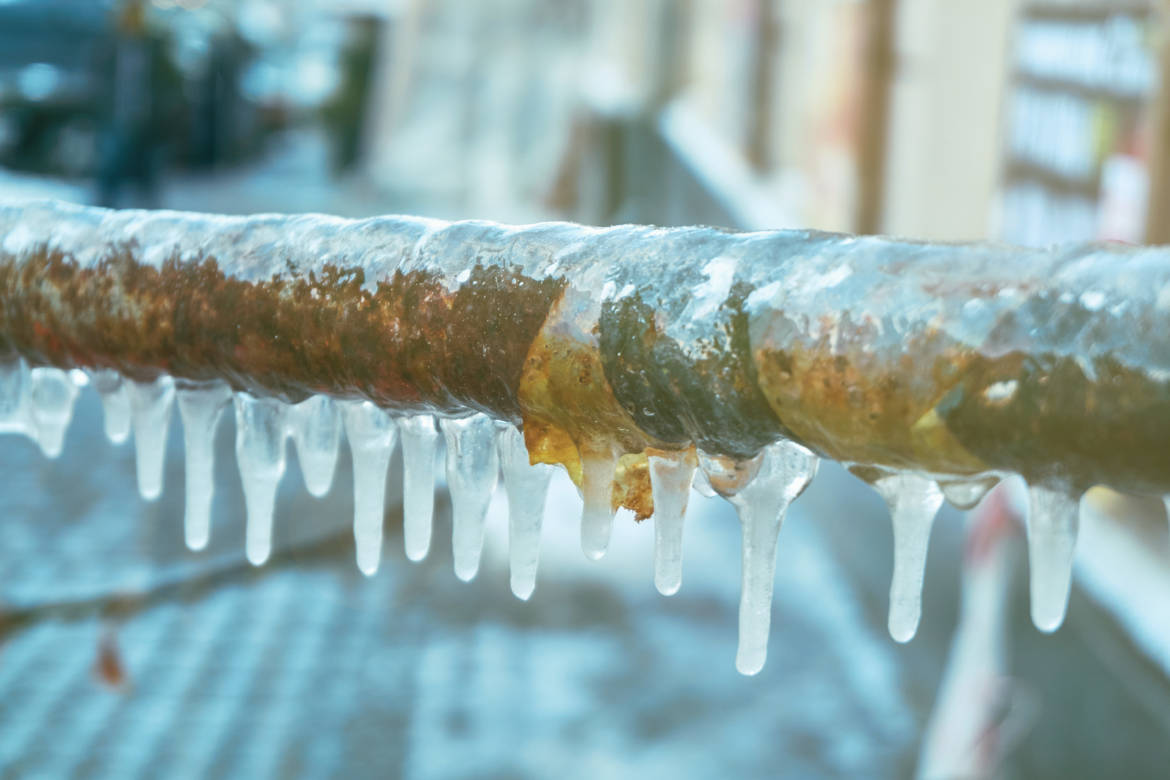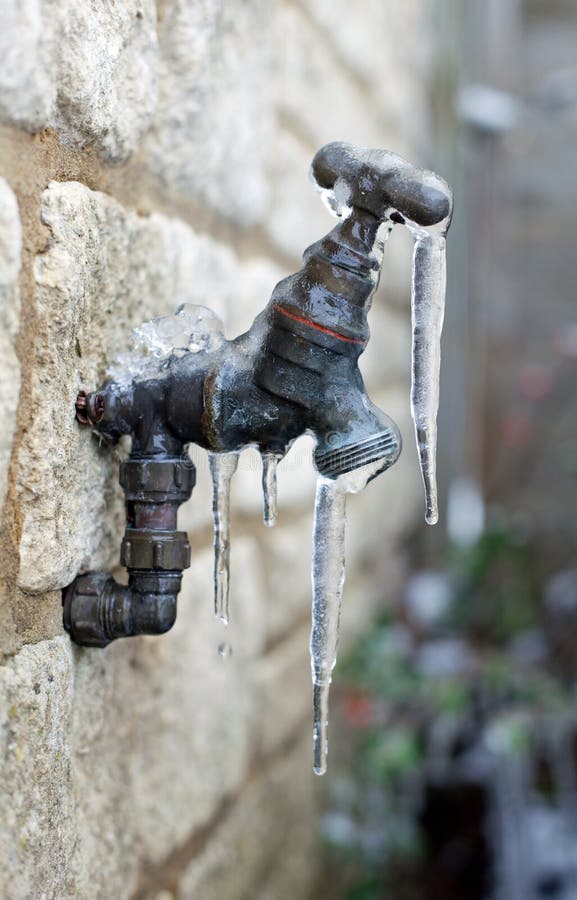Important Tips to Avoid Frozen Pipes in Cold Weather: Expert Insights
Important Tips to Avoid Frozen Pipes in Cold Weather: Expert Insights
Blog Article
Are you hunting for know-how concerning Helpful Tips to Prevent Frozen Pipes this Winter?

Cold weather can ruin your plumbing, particularly by freezing pipes. Right here's just how to stop it from occurring and what to do if it does.
Intro
As temperatures decrease, the risk of icy pipes rises, potentially causing pricey fixings and water damages. Recognizing just how to avoid frozen pipes is important for property owners in cold climates.
Avoidance Tips
Protecting susceptible pipes
Cover pipes in insulation sleeves or use warmth tape to secure them from freezing temperatures. Concentrate on pipes in unheated or external areas of the home.
Home heating methods
Keep indoor spaces appropriately heated up, specifically areas with pipes. Open cabinet doors to allow cozy air to distribute around pipes under sinks.
How to identify icy pipes
Look for decreased water circulation from faucets, unusual smells or noises from pipelines, and noticeable frost on subjected pipelines.
Long-Term Solutions
Architectural adjustments
Take into consideration rerouting pipes away from outside walls or unheated locations. Add added insulation to attics, cellars, and crawl spaces.
Upgrading insulation
Buy premium insulation for pipelines, attics, and wall surfaces. Proper insulation assists keep regular temperature levels and reduces the danger of icy pipelines.
Safeguarding Outdoor Pipes
Yard hoses and exterior faucets
Disconnect and drain garden pipes before winter. Set up frost-proof faucets or cover exterior faucets with insulated caps.
Recognizing Icy Pipes
What triggers pipelines to freeze?
Pipelines freeze when revealed to temperatures listed below 32 ° F (0 ° C) for extended durations. As water inside the pipes freezes, it increases, putting pressure on the pipeline wall surfaces and potentially triggering them to break.
Risks and problems
Icy pipes can result in water disruptions, property damage, and expensive repair services. Ruptured pipelines can flooding homes and create extensive structural damages.
Signs of Frozen Pipes
Identifying frozen pipelines early can stop them from breaking.
What to Do If Your Pipelines Freeze
Immediate activities to take
If you presume frozen pipelines, maintain faucets open up to ease pressure as the ice thaws. Use a hairdryer or towels taken in hot water to thaw pipelines slowly.
Conclusion
Stopping frozen pipes requires aggressive measures and fast actions. By understanding the causes, indications, and safety nets, property owners can protect their pipes throughout cold weather.
5 Ways to Prevent Frozen Pipes
Drain Outdoor Faucets and Disconnect Hoses
First, close the shut-off valve that controls the flow of water in the pipe to your outdoor faucet. Then, head outside to disconnect and drain your hose and open the outdoor faucet to allow the water to completely drain out of the line. Turn off the faucet when done. Finally, head back to the shut-off valve and drain the remaining water inside the pipe into a bucket or container. Additionally, if you have a home irrigation system, you should consider hiring an expert to clear the system of water each year.
Insulate Pipes
One of the best and most cost-effective methods for preventing frozen water pipes is to wrap your pipes with insulation. This is especially important for areas in your home that aren’t exposed to heat, such as an attic. We suggest using foam sleeves, which can typically be found at your local hardware store.
Keep Heat Running at 65
Your pipes are located inside your walls, and the temperature there is much colder than the rest of the house. To prevent your pipes from freezing, The Insurance Information Institute suggests that you keep your home heated to at least 65 degrees, even when traveling. You may want to invest in smart devices that can keep an eye on the temperature in your home while you’re away.
Leave Water Dripping
Moving water — even a small trickle — can prevent ice from forming inside your pipes. When freezing temps are imminent, start a drip of water from all faucets that serve exposed pipes. Leaving a few faucets running will also help relieve pressure inside the pipes and help prevent a rupture if the water inside freezes.
Open Cupboard Doors
Warm your kitchen and bathroom pipes by opening cupboards and vanities. You should also leave your interior doors ajar to help warm air circulate evenly throughout your home.

I stumbled upon that write up about Helpful Tips to Prevent Frozen Pipes this Winter when doing research the internet. Appreciated our blog? Please share it. Help somebody else check it out. Thanks a lot for taking the time to read it.
Request Free Estimate Report this page